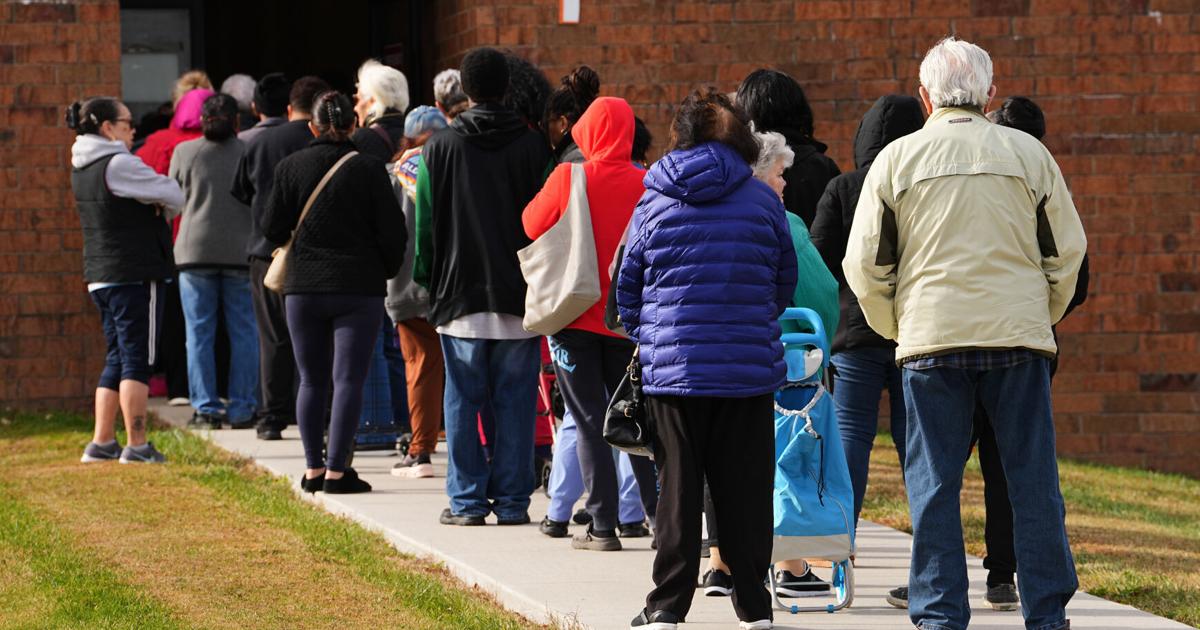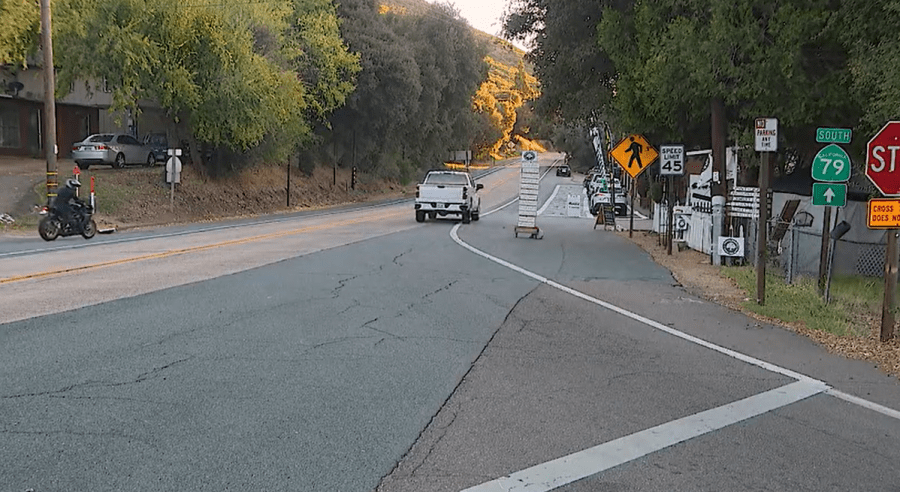The Trump administration has requested the Supreme Court of the United States to intervene in a lower court ruling that mandates full payments for the Supplemental Nutrition Assistance Program (SNAP). This decision, if upheld, would ensure that millions of Americans receive adequate food assistance during a time of economic uncertainty.
In September 2023, a federal court ruled that the U.S. Department of Agriculture must provide full SNAP benefits, which are critical for low-income families across the nation. This ruling came after a significant increase in demand for food assistance due to the ongoing impact of the COVID-19 pandemic.
The administration argues that the ruling imposes an unfair burden on state budgets, potentially straining resources as they recover from the economic fallout. The request to the Supreme Court emphasizes concerns over fiscal responsibility and the role of federal versus state authority in administering SNAP benefits.
Donald Trump has long criticized welfare programs, framing them as unsustainable. His administration maintains that the decision to provide full SNAP payments should rest with individual states, allowing them to tailor benefits according to local needs. Critics of the administration’s stance argue that reducing benefits could exacerbate food insecurity for vulnerable populations.
The Supreme Court is expected to review the case in the coming months, with a decision likely to have significant implications for the future of food assistance in the United States. The outcome may alter how SNAP is funded and administered, impacting millions of families who rely on the program for essential nutrition.
In the meantime, advocacy groups have expressed concern over the possible rollback of benefits. According to a report by National Public Radio (NPR), many families have already struggled to meet their basic needs during the pandemic, and any reduction in SNAP payments could lead to increased hunger and poverty levels.
As the legal battle unfolds, the implications of this case will resonate not only in the courtrooms but also in communities across the nation. The outcome will shape food assistance policies, affecting the lives of countless individuals who rely on the program for their daily sustenance.







